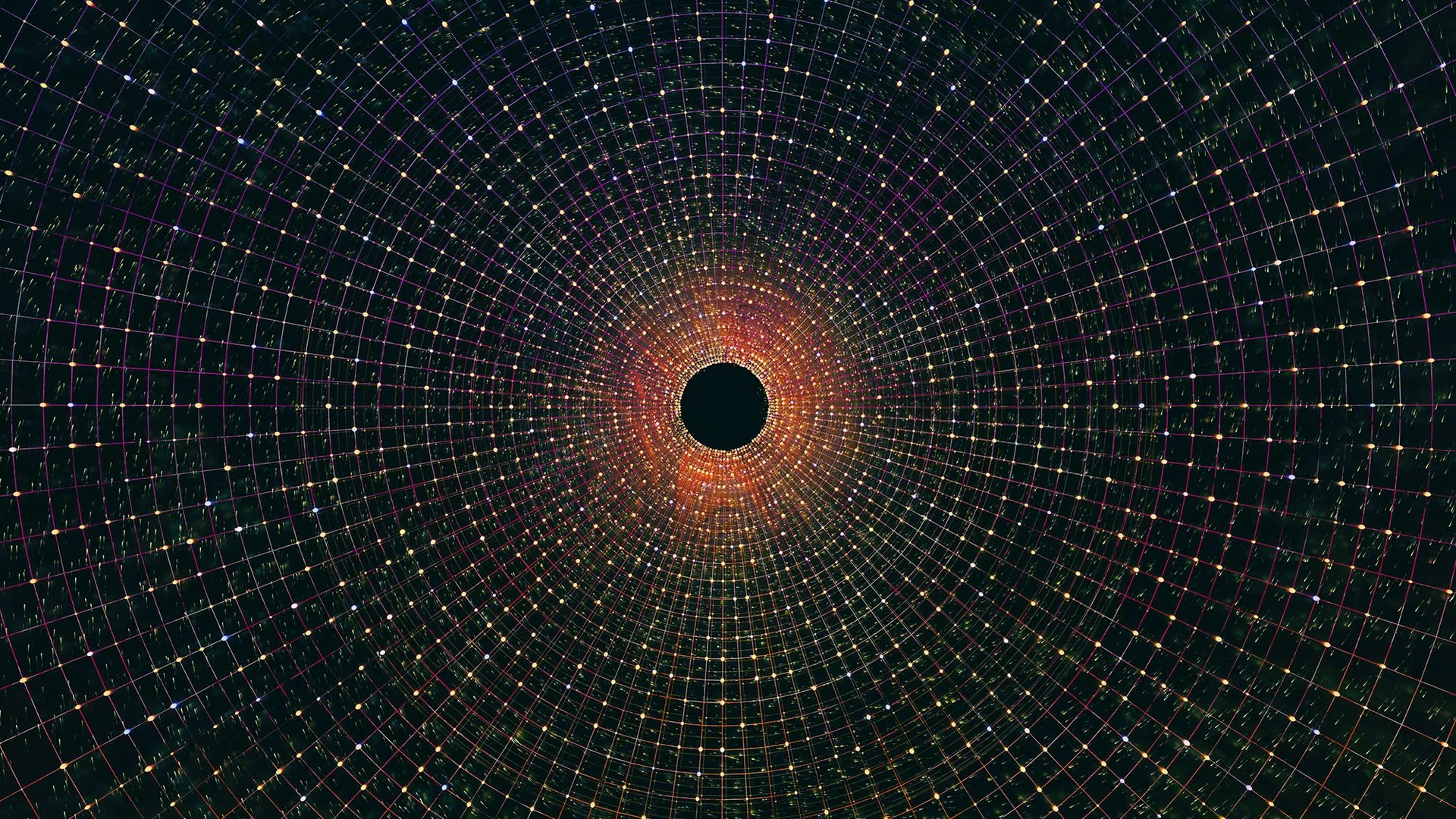
The Riddle of Singularities: Unlocking the Mysteries at the Heart of Existence
In our last exploration, we delved into the fascinating world of the mirror universe, where reflections reveal profound insights about spacetime and dimensions. Now, let’s venture deeper into another enigmatic concept that challenges our understanding of physics and reality itself—singularities.
SINGULARITYCOSMOS
Anand Maity
3/15/20251 min read



The Core of Singularities
Singularities are points in spacetime where everything collapses to zero size and density. They are the most extreme points in the universe, where gravity is so intense that even light cannot escape. These points are often associated with black holes, but they also exist within quantum mechanics as points where subatomic particles are forced into a single location.
Types of Singularities
There are two primary types of singularities:
Cosmic Singularities: Found at the centers of black holes, these are regions where spacetime itself breaks down. The concept of a “singularity” was first introduced by physicist John Wheeler, who imagined that at the heart of a black hole, time and space give way to an infinitely small point.
Quantum Mechanical Singularities: In quantum mechanics, singularities can occur when particles like electrons are forced into a single point due to quantum fluctuations or entanglement effects.
The Implications of Singularities
The existence of singularities challenges our understanding of physics. If singularities exist at the core of black holes, what happens next? Do they lead to new dimensions or are they gateways to other universes? Additionally, how do these points influence quantum mechanics and the behavior of particles?
What if singularities are portals to other dimensions or realities?
Could singularities be used as a way to manipulate time?
If all matter collapses into a singularity, what happens to information stored in that matter?
Conclusion: The Interplay of Spacetime and Time
Singularities are not isolated phenomena; they are deeply connected to our understanding of spacetime and time. Just as we explored the mirror universe, singularities remind us that the laws of physics break down at their extremes. This interplay between gravity and quantum mechanics may hold the key to unlocking some of the greatest mysteries of existence.
And as we ponder these questions, we are naturally led to consider time—the next fascinating topic in our interconnected journey through the cosmos. Stay tuned for a blog that will delve into the nature of time and its role in shaping our universe.
